Specification
Z Axis Manual lifting Stage (21×15/Z12cm)
| Mounting Holes Position | 75x125mm,100x100mm |
| Mounting Hole Dimensions | M6 |
| Stage Z Travel Distance | 12cm |
| Z-Axis Drive Mode | Manual |
| Stage Platform Dimensions | 210x150mm |
| Stage Height | 8.5-20.5cm |
| Stage Maximum Load | 20kg (44.10lbs) |
| Surface Treatment | Electroplating Black |
| Material | Metal |
| Color | Black |
| Net Weight | 4.00kg (8.82lbs) |
Technical Info
A 120mm travel Z-axis manual lift mechanical microscope stage refers to a component in a microscope system that allows vertical movement (up and down) of the specimen or the objective lens. Here’s a breakdown of the key components and features:
- Z-Axis Movement: The term “Z-axis” typically refers to the vertical axis in a three-dimensional Cartesian coordinate system. In the context of a microscope stage, the Z-axis movement refers to the up and down motion, allowing for focusing on different layers of a specimen.
- Travel Distance: The 120mm travel indicates the maximum distance the stage can move along the Z-axis. In this case, the stage can be adjusted vertically by up to 120mm.
- Manual Lift: The term “manual lift” means that the Z-axis movement is controlled by a manual adjustment mechanism rather than an automated or motorized system. Users can turn a knob, handle, or use some other manual control to move the stage up or down.
- Mechanical Stage: A mechanical stage typically includes various mechanisms for precise control of specimen movement. This can involve gears, screws, or other mechanical components that allow for fine adjustments in the position of the specimen.
This type of microscope stage is commonly used in microscopy applications where manual control over the focus plane is required. It provides a way for researchers or users to precisely adjust the height of the specimen or objective lens to achieve sharp focus.
When using a microscope with a 120mm travel Z-axis manual lift mechanical stage, users can bring different layers of the specimen into focus by adjusting the Z-axis position manually. This is particularly useful for examining three-dimensional structures or for capturing images at different focal planes.
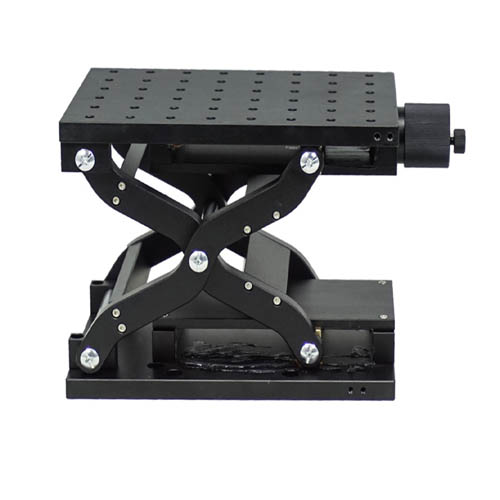
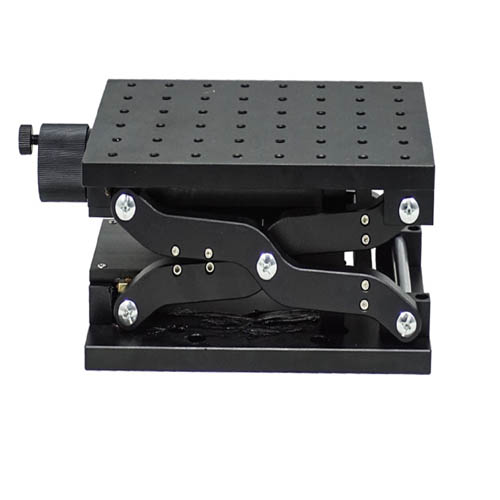
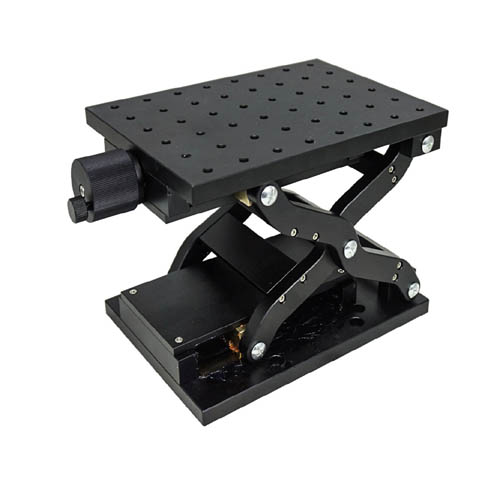
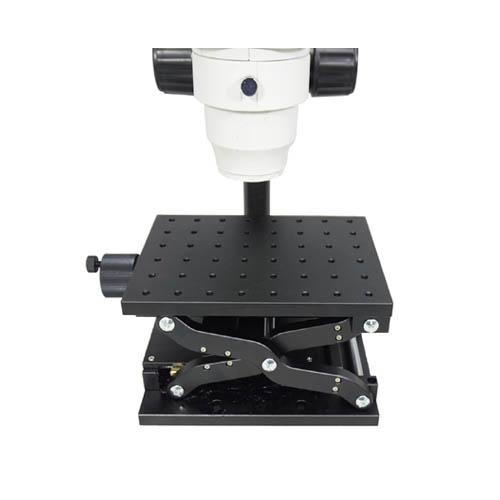
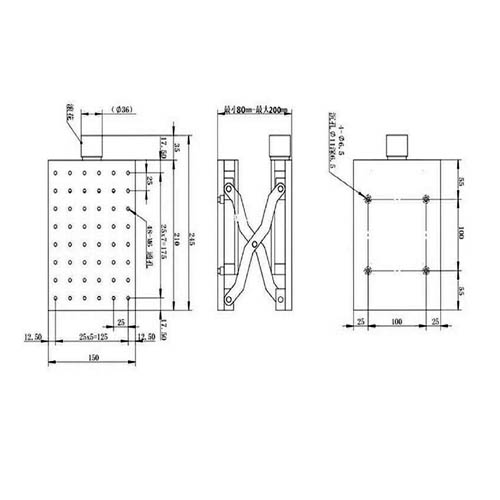
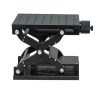
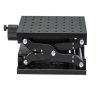
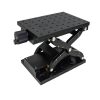
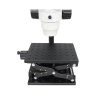
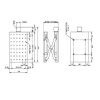
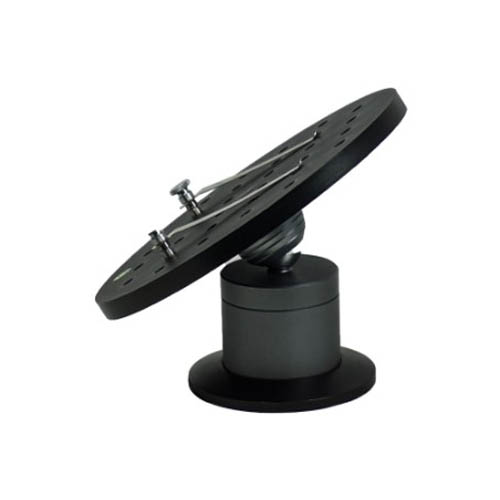
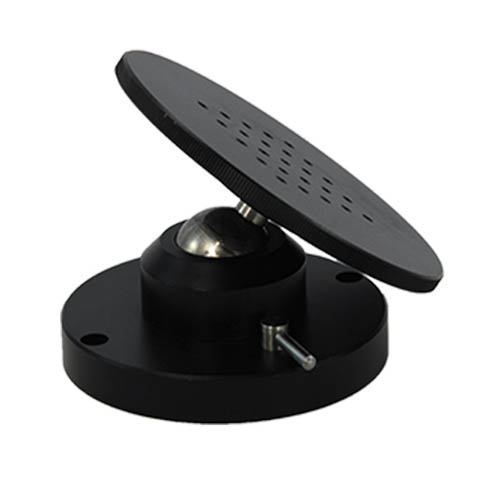
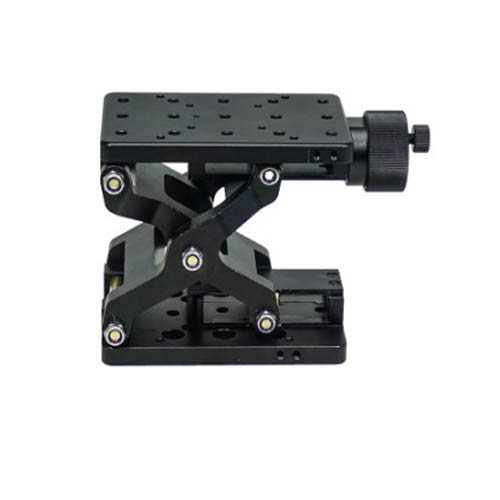
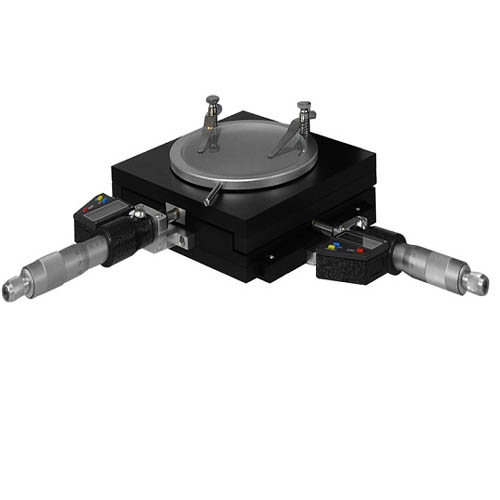

Reviews
There are no reviews yet.